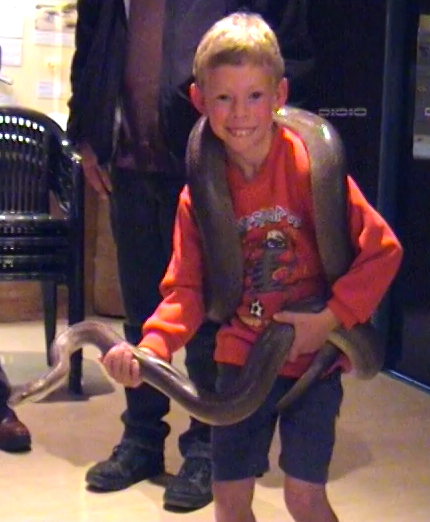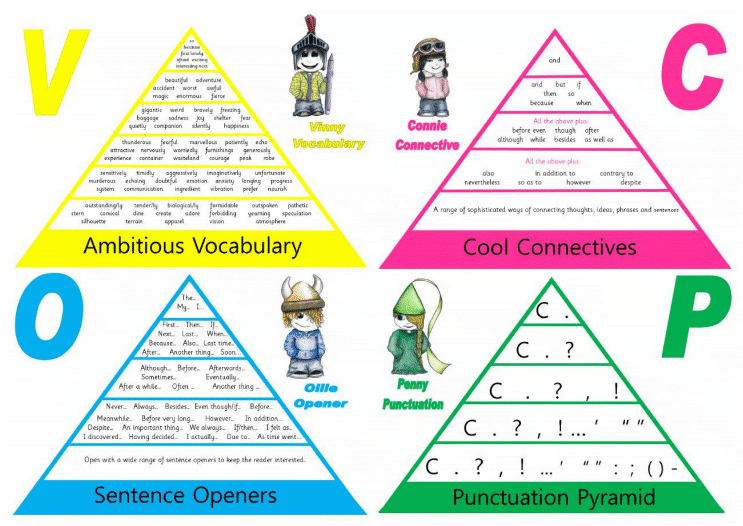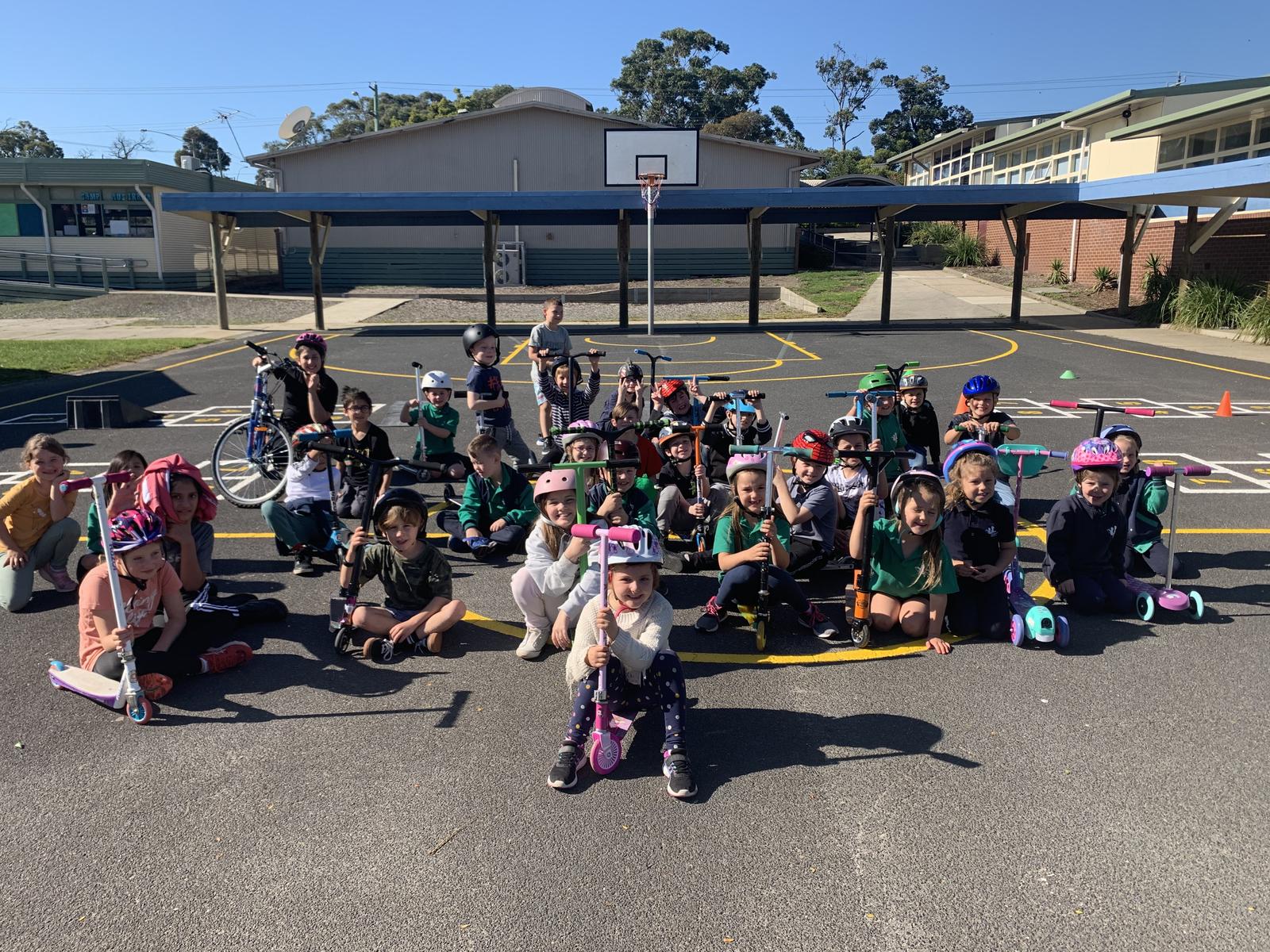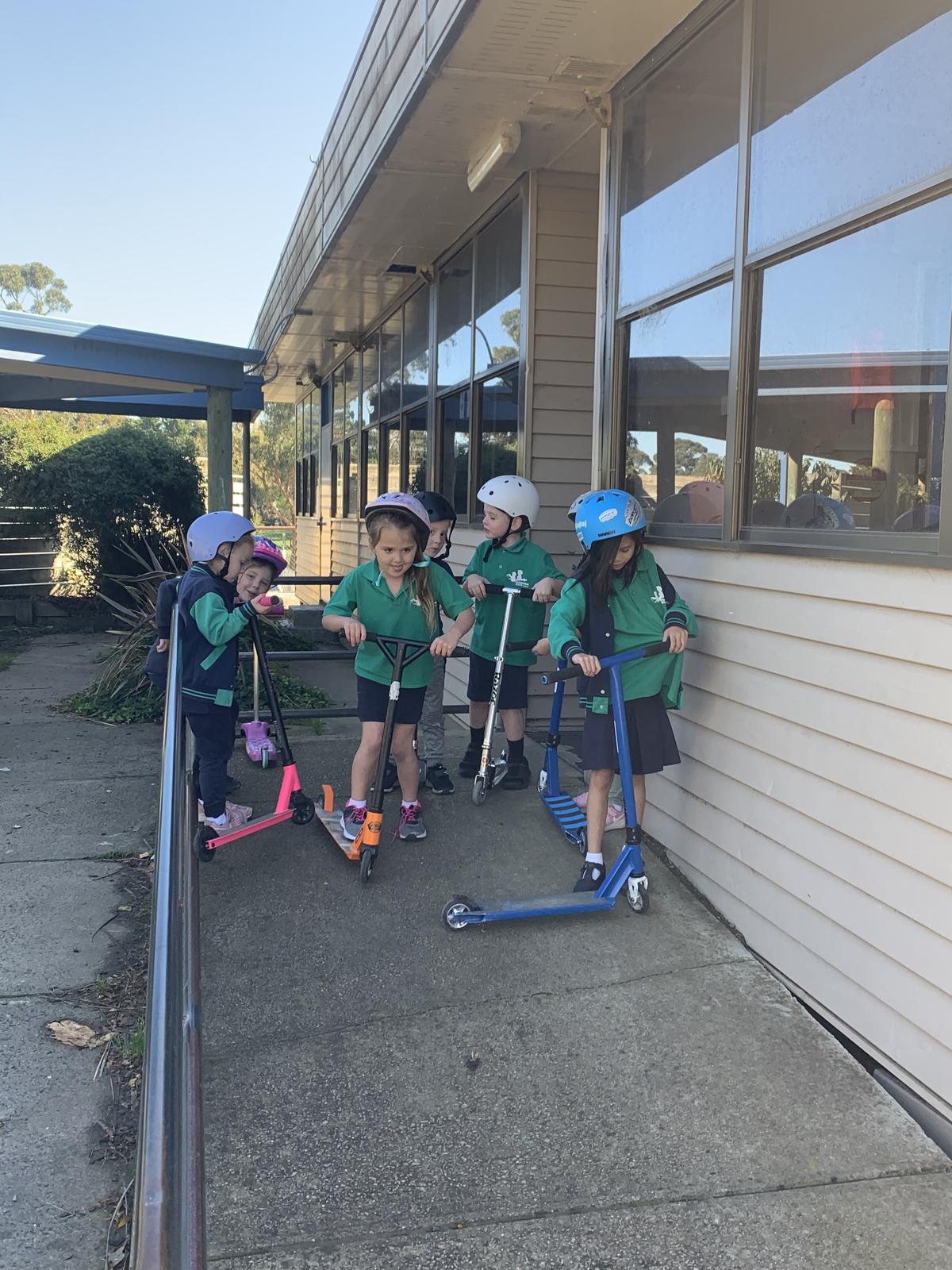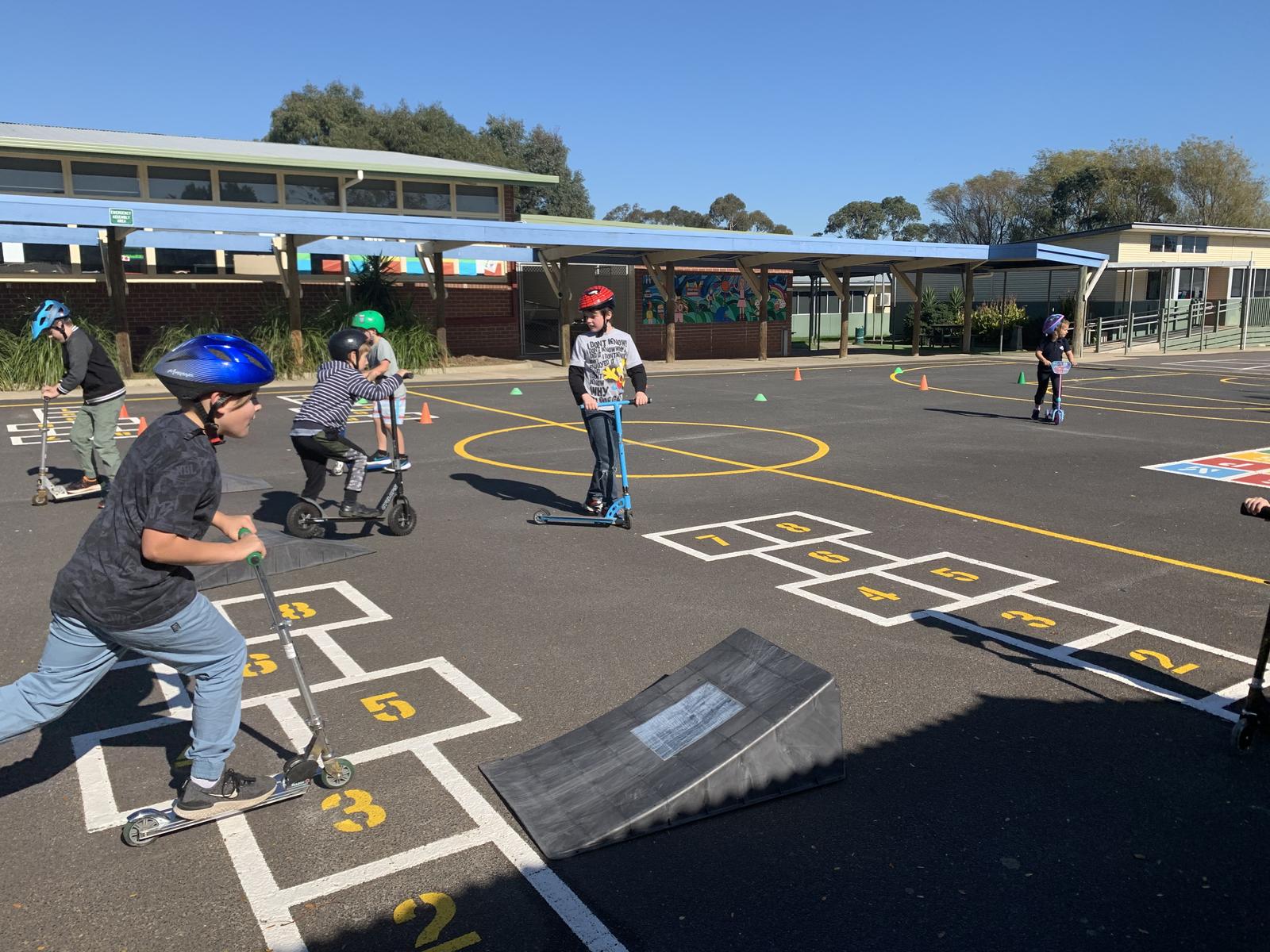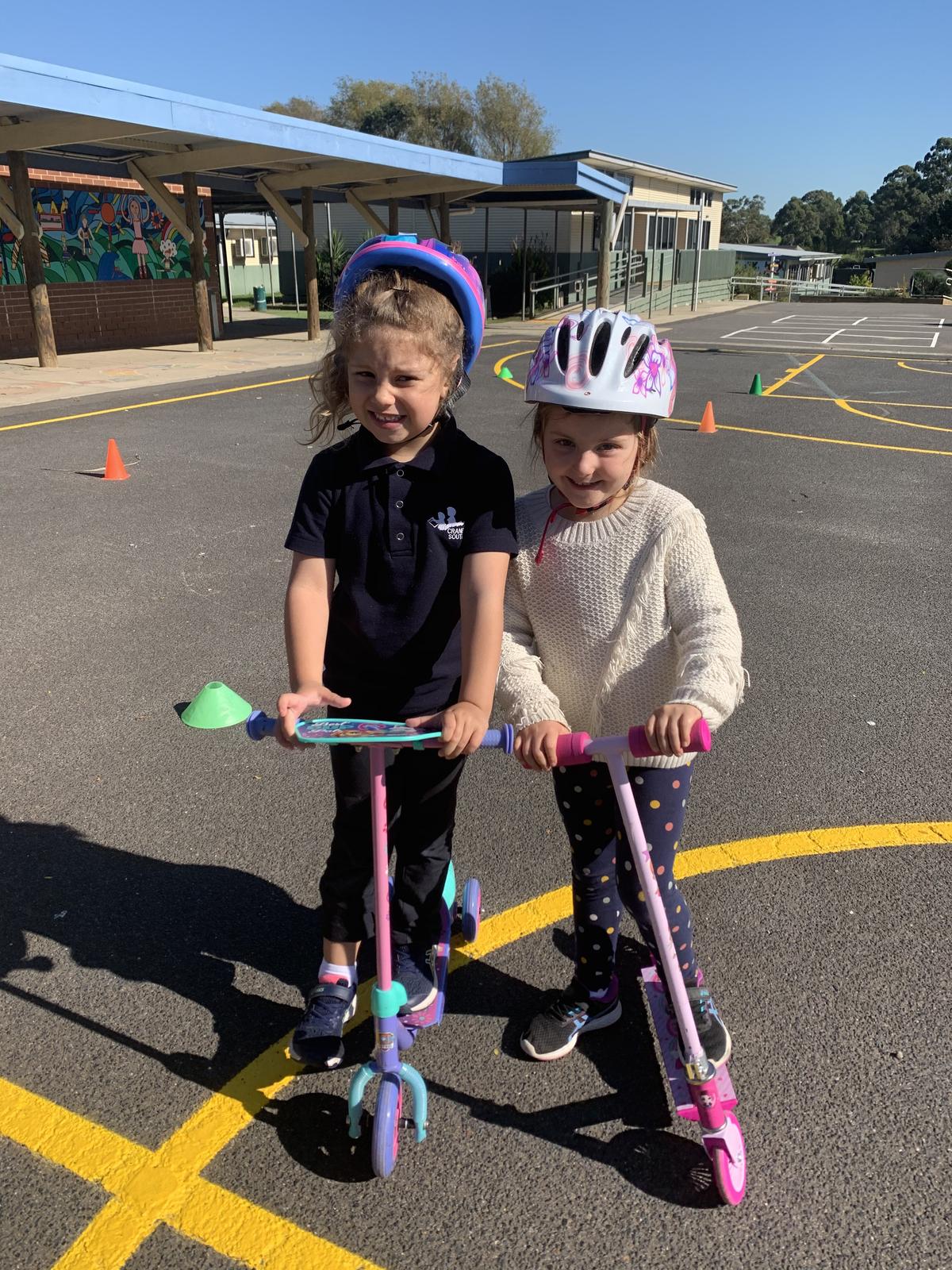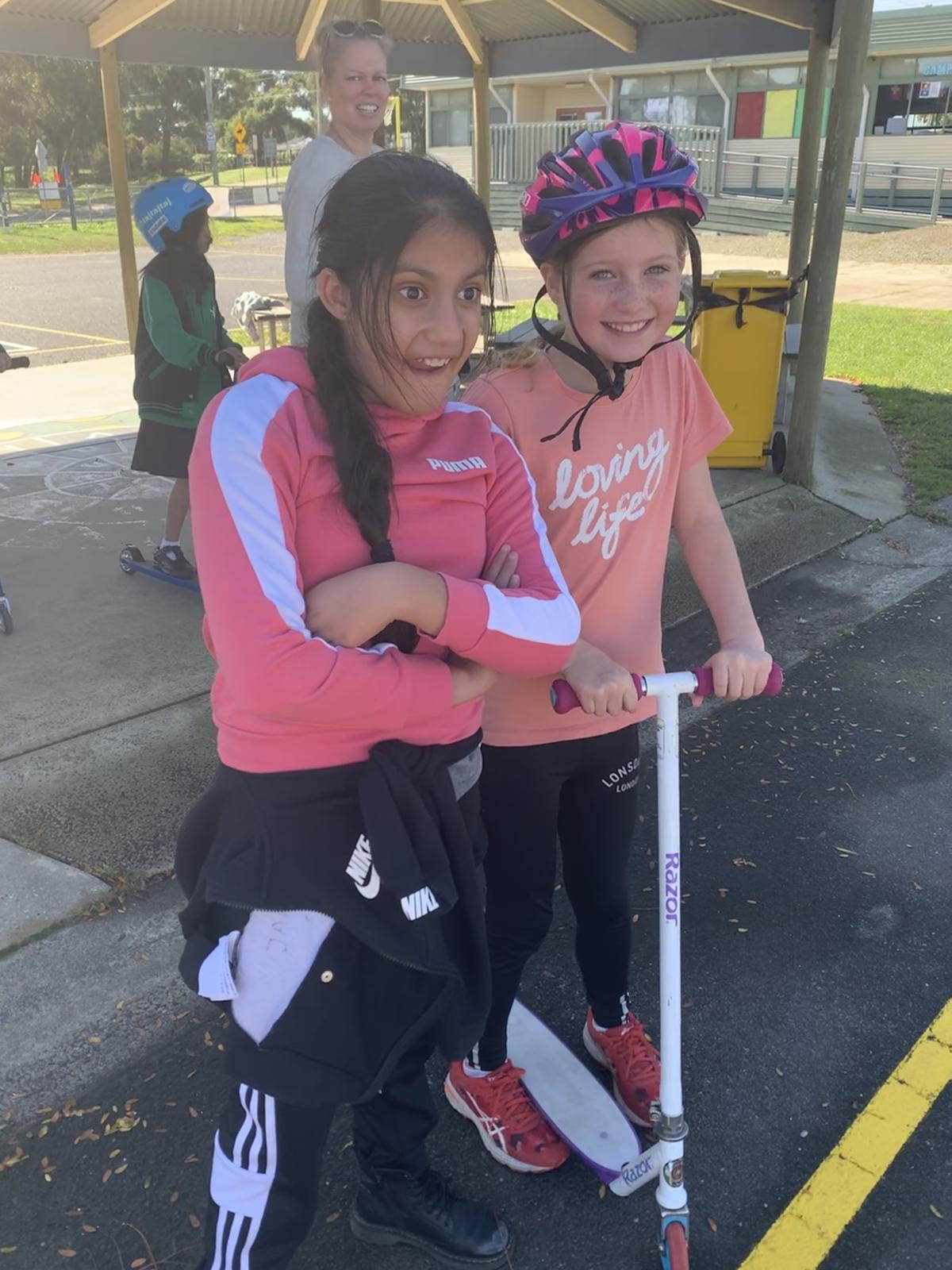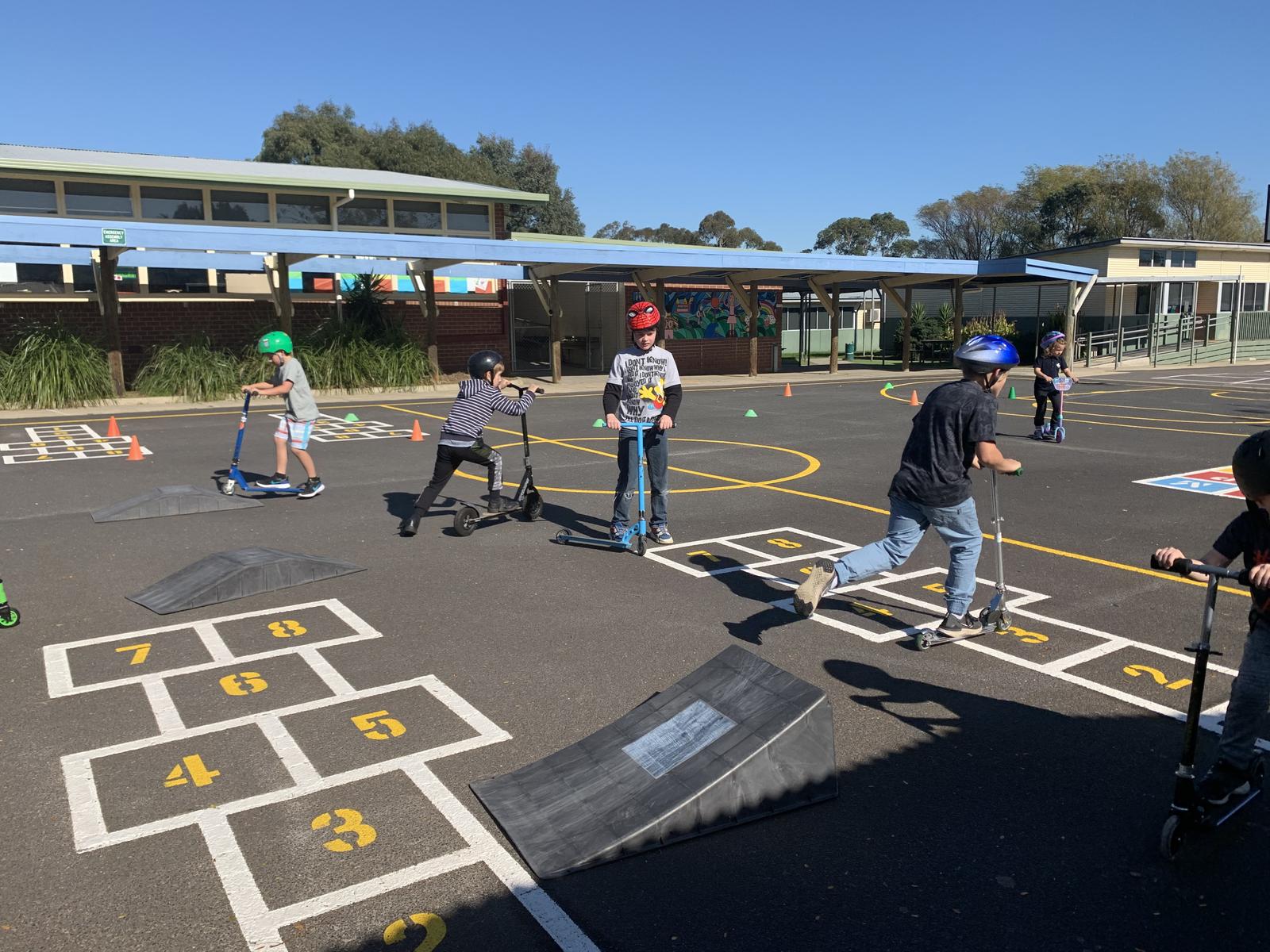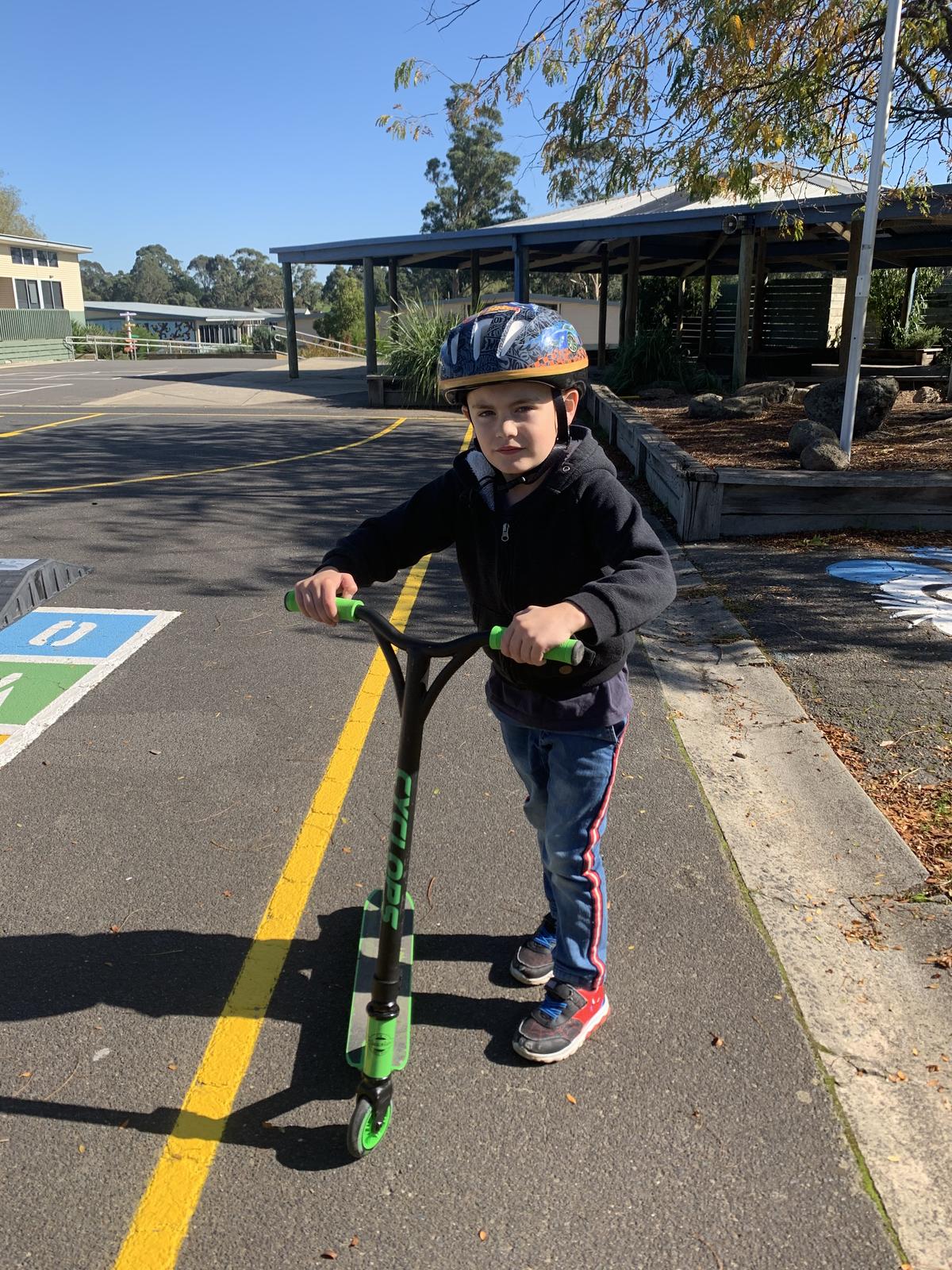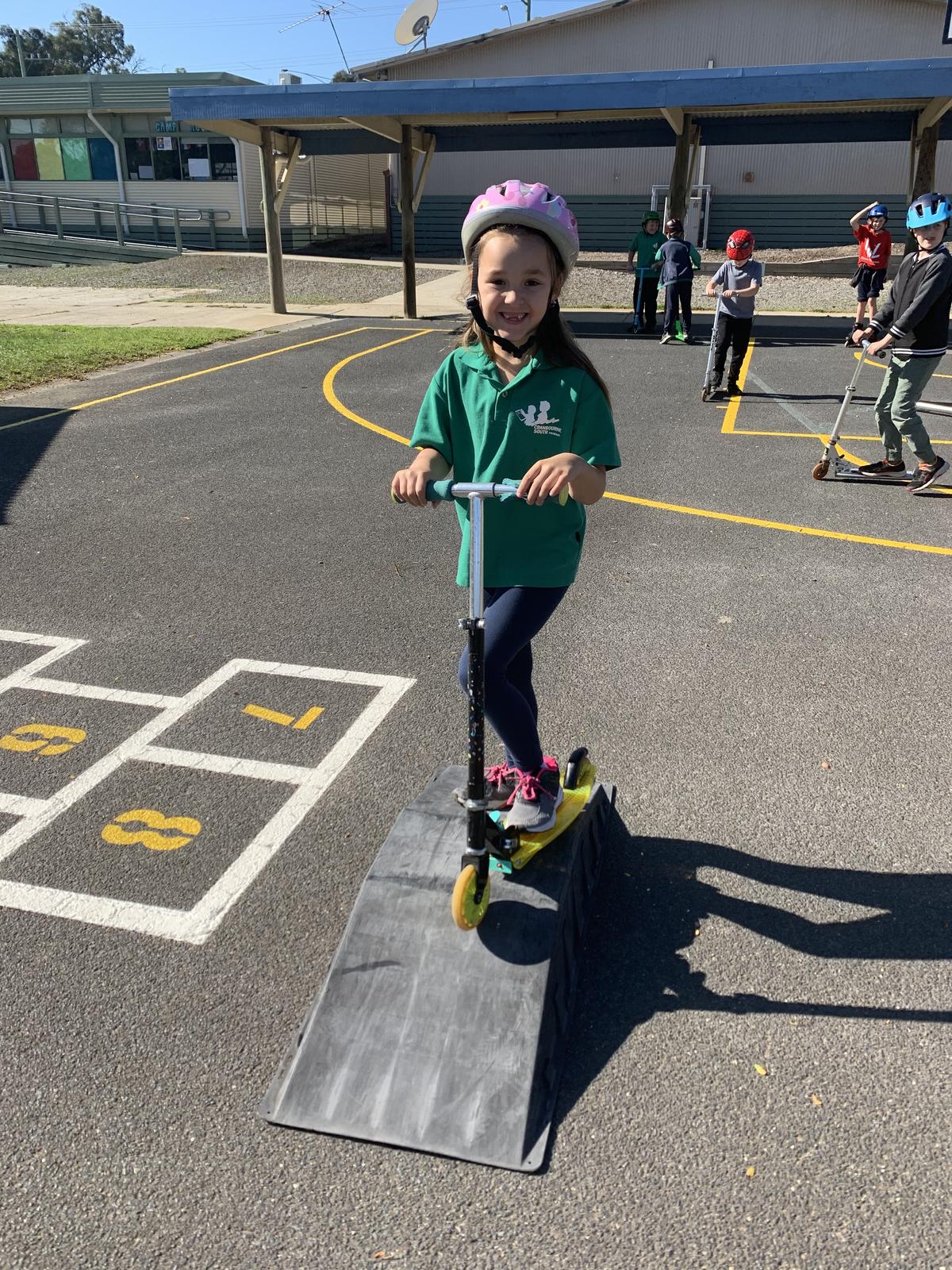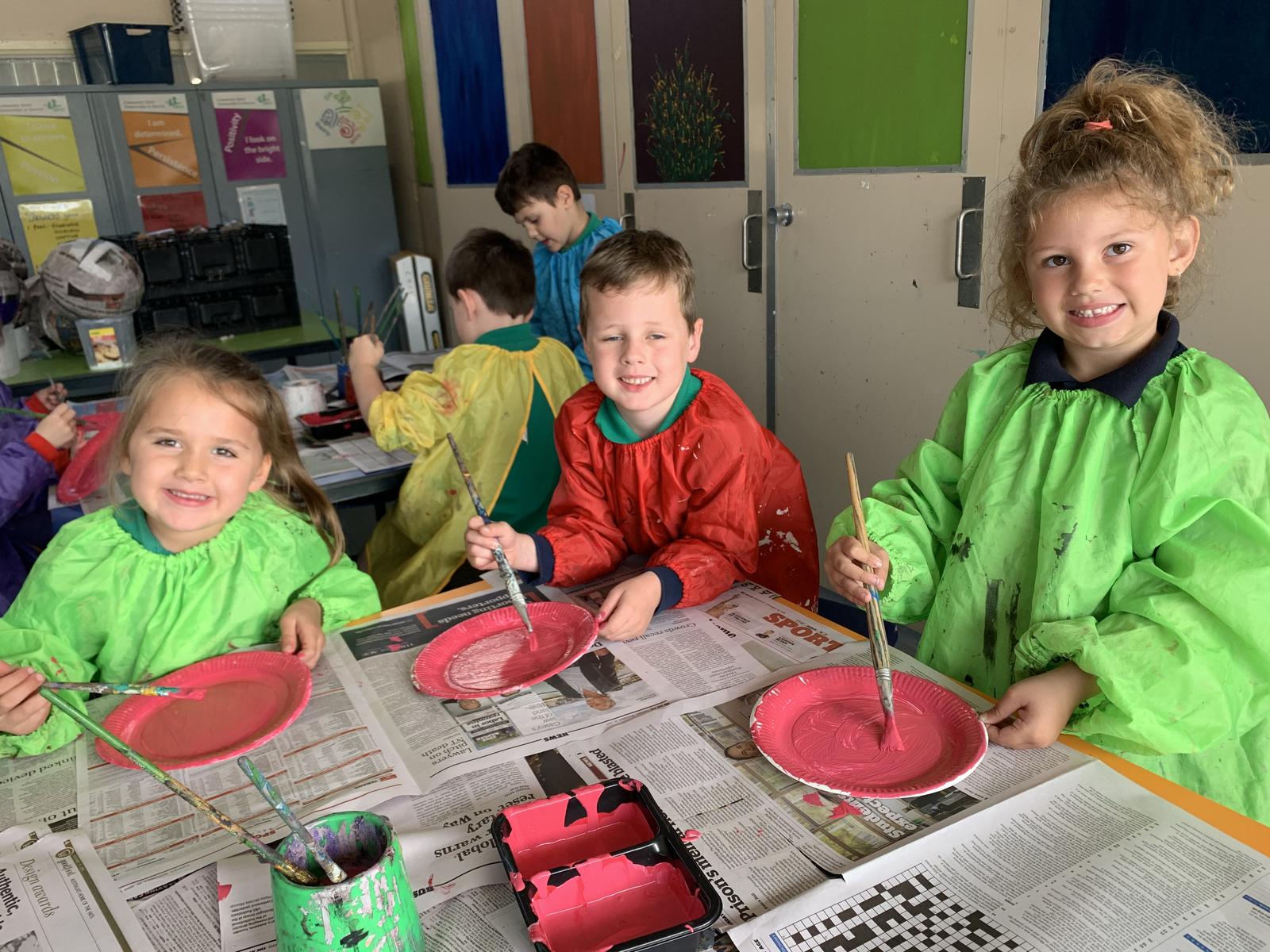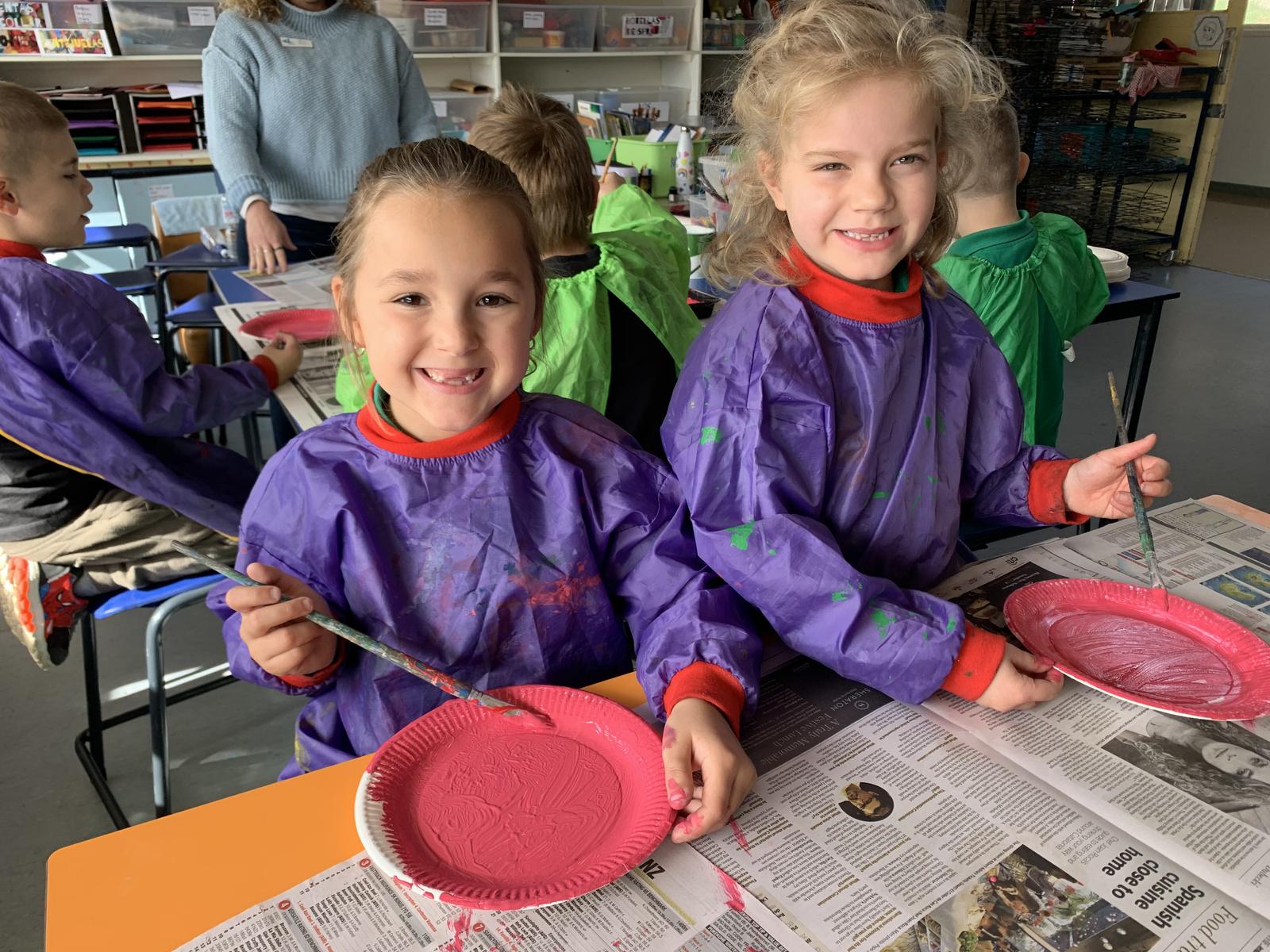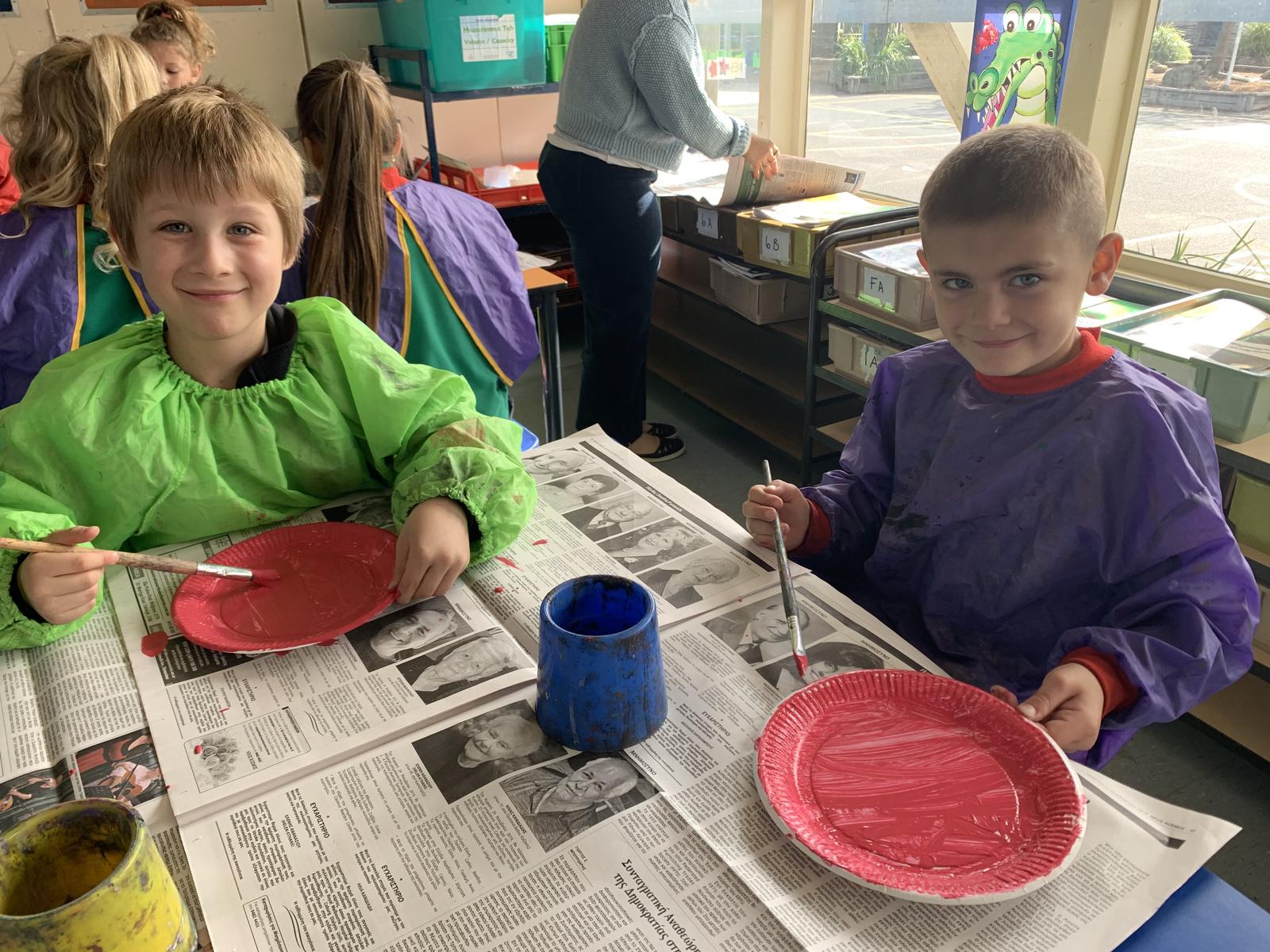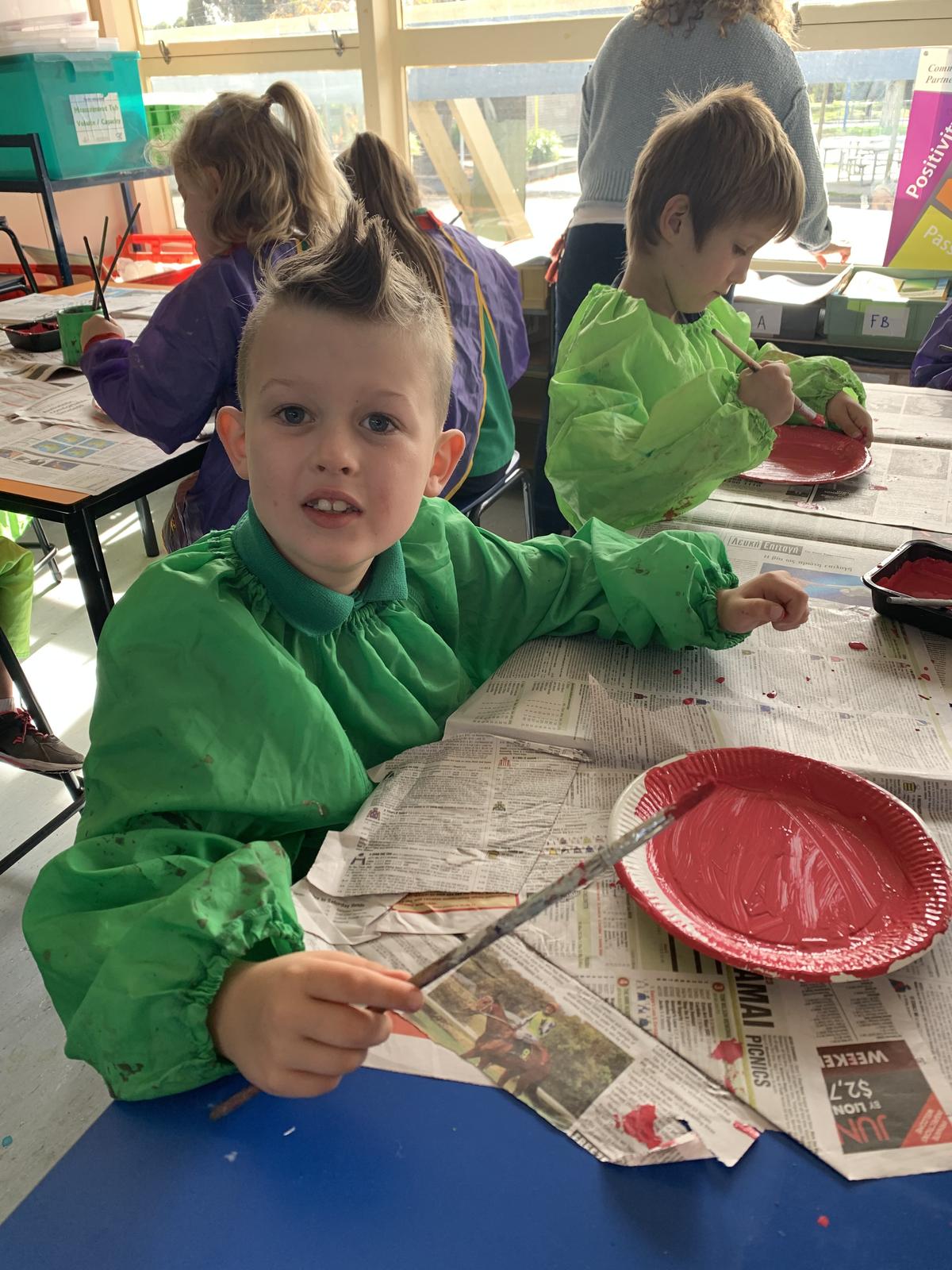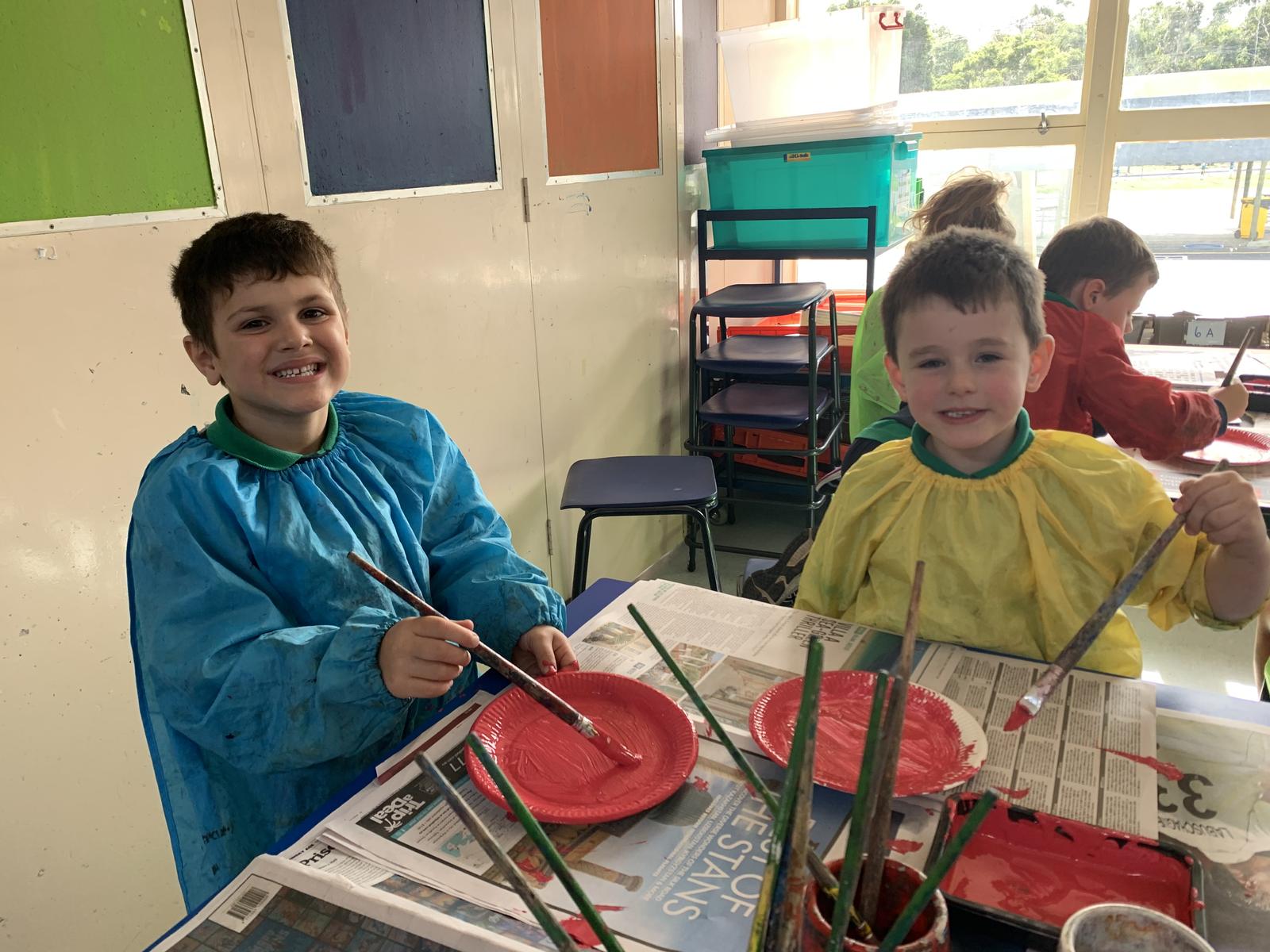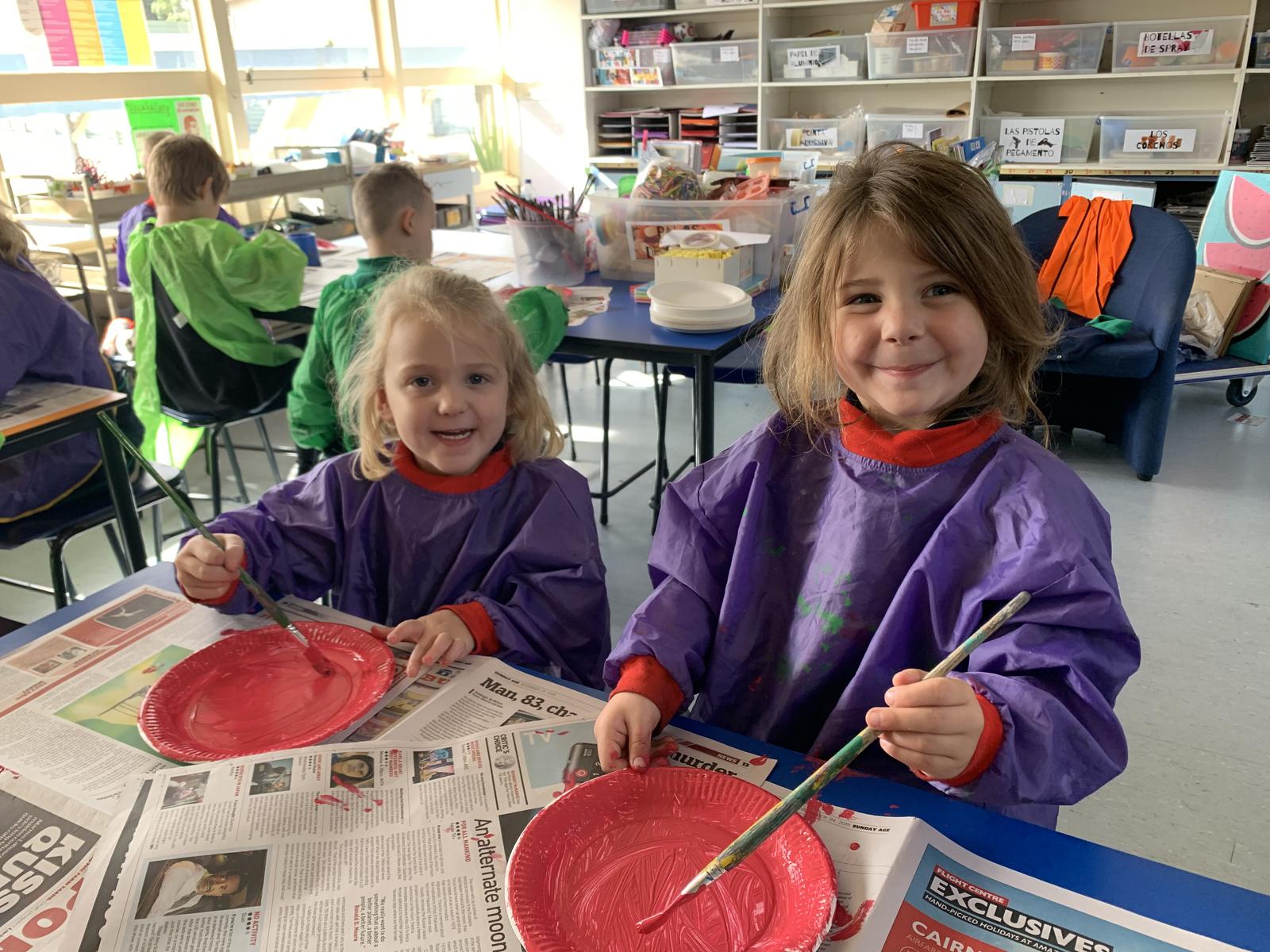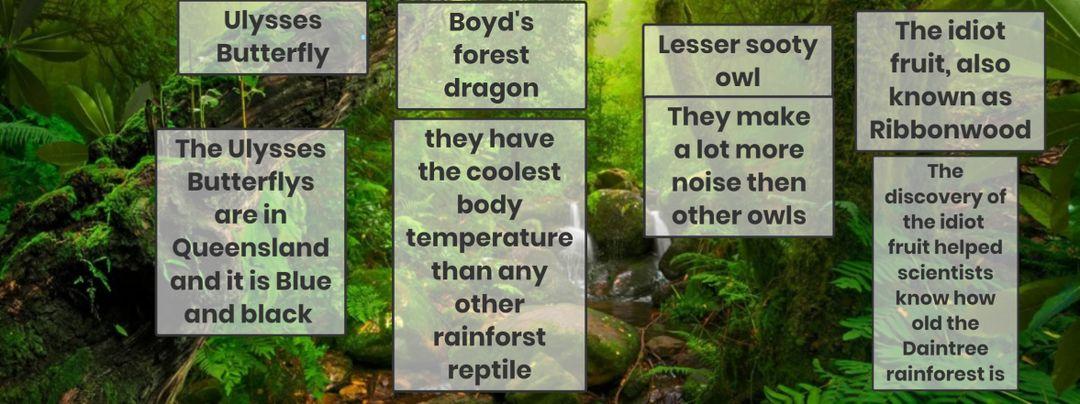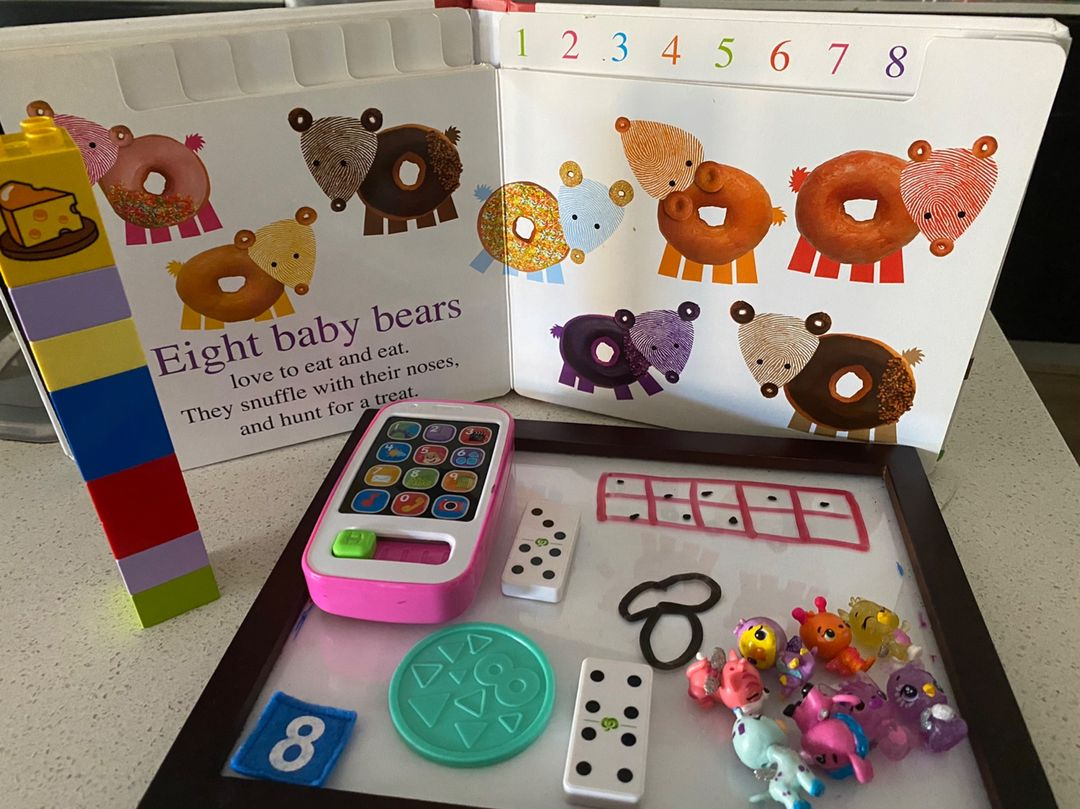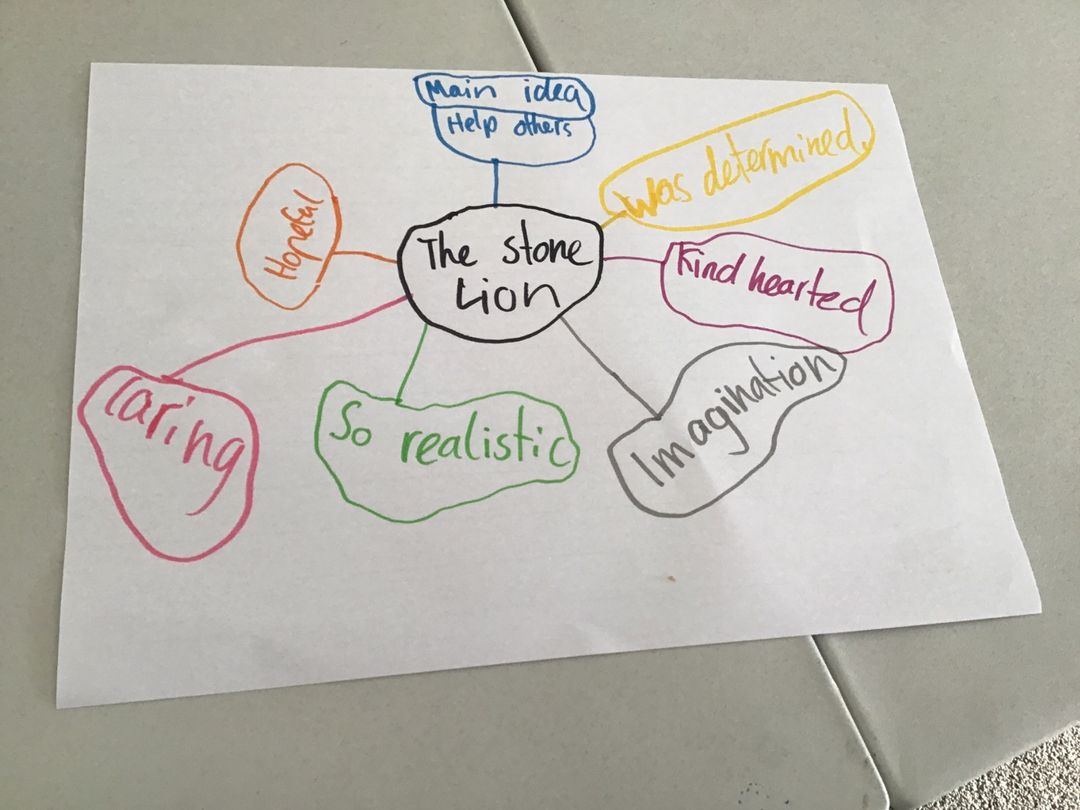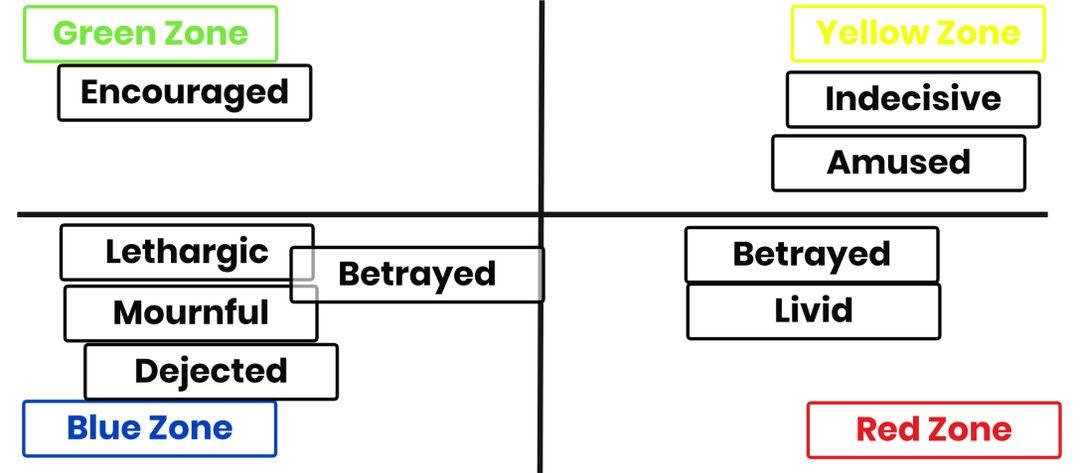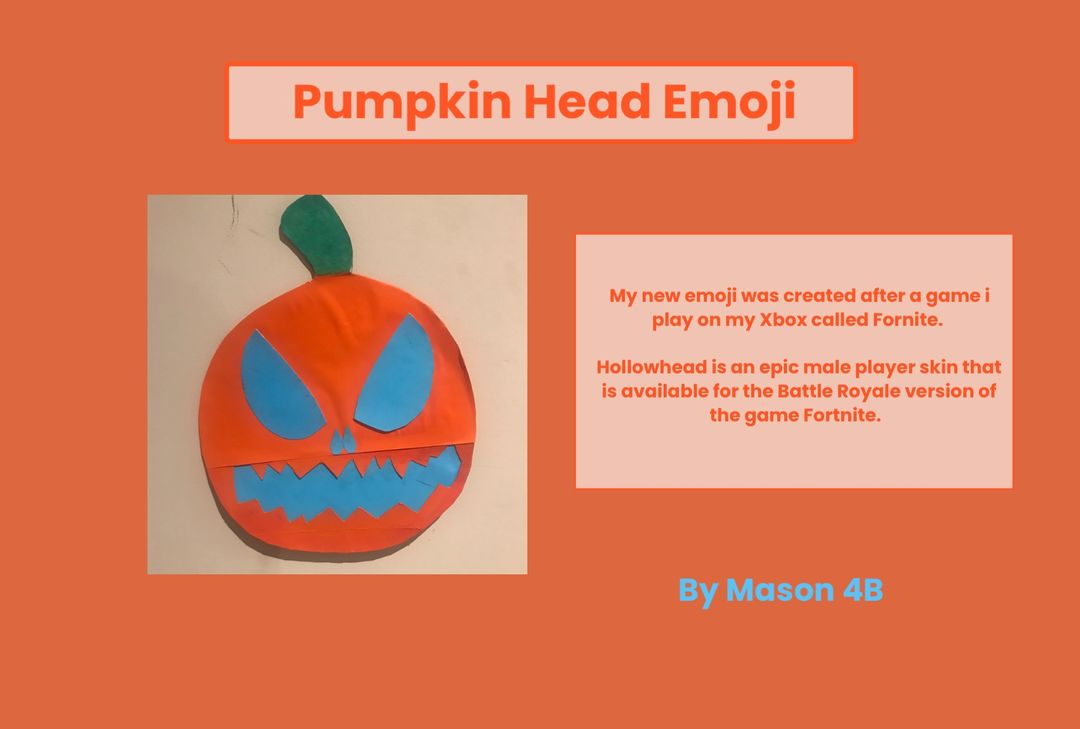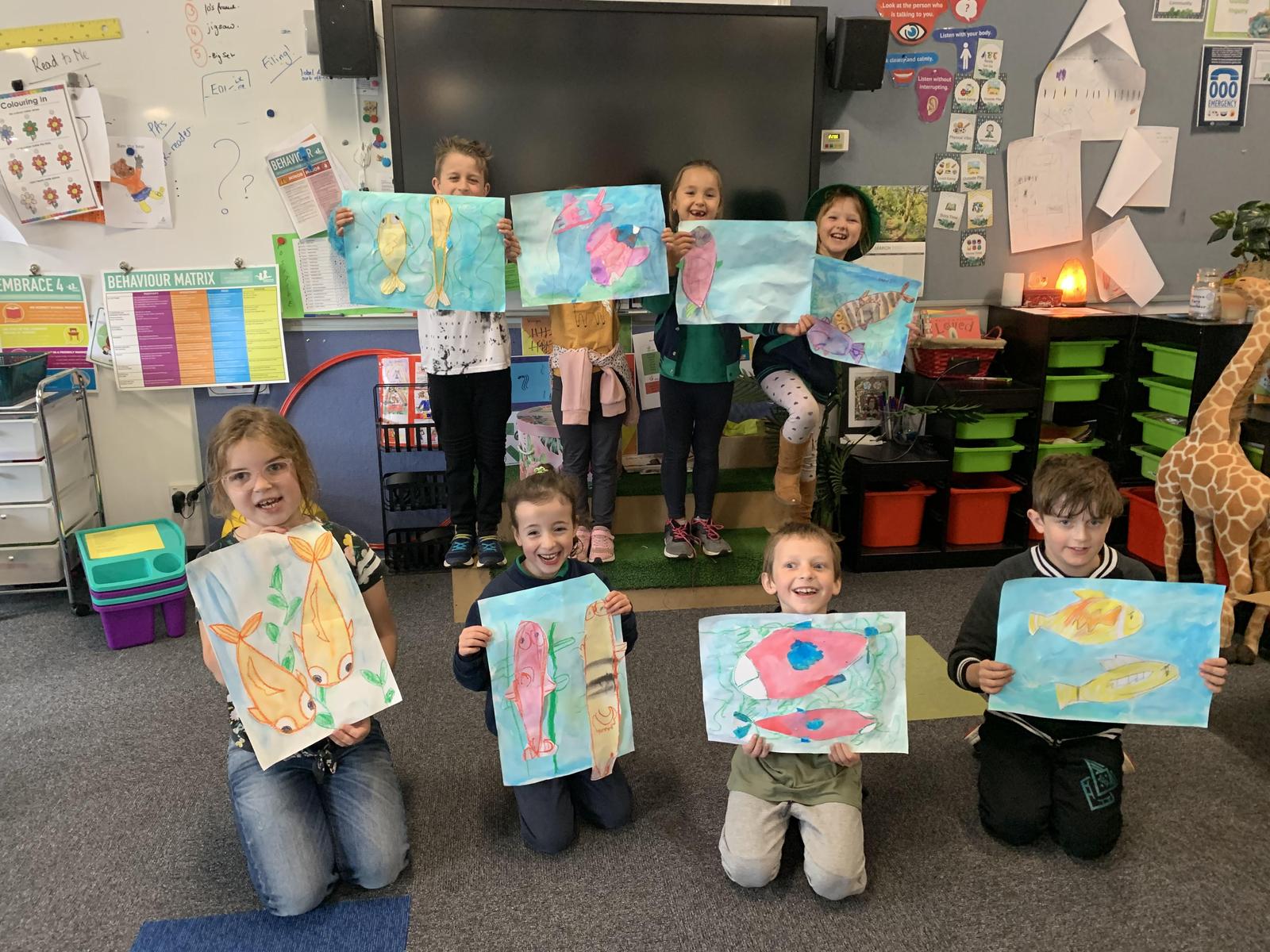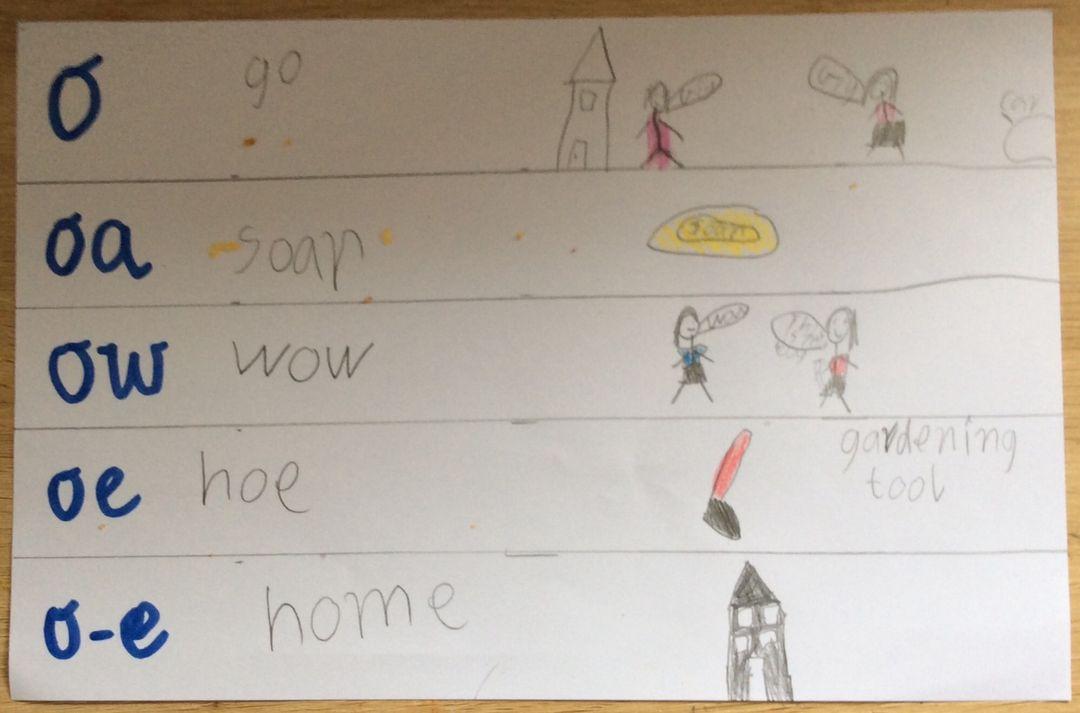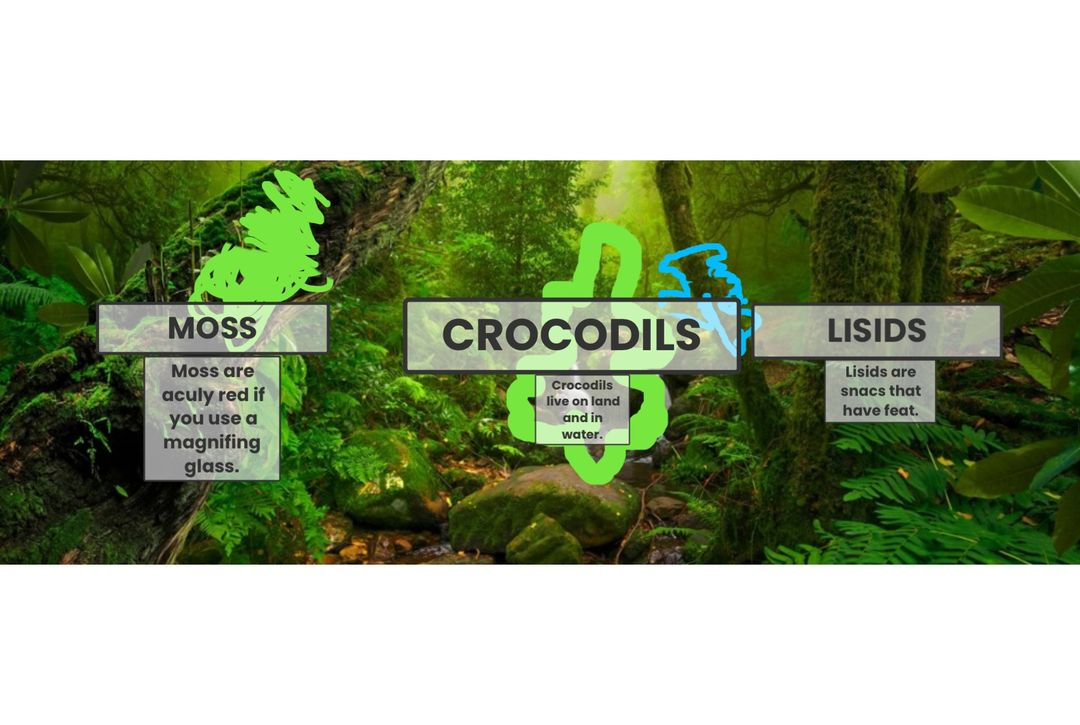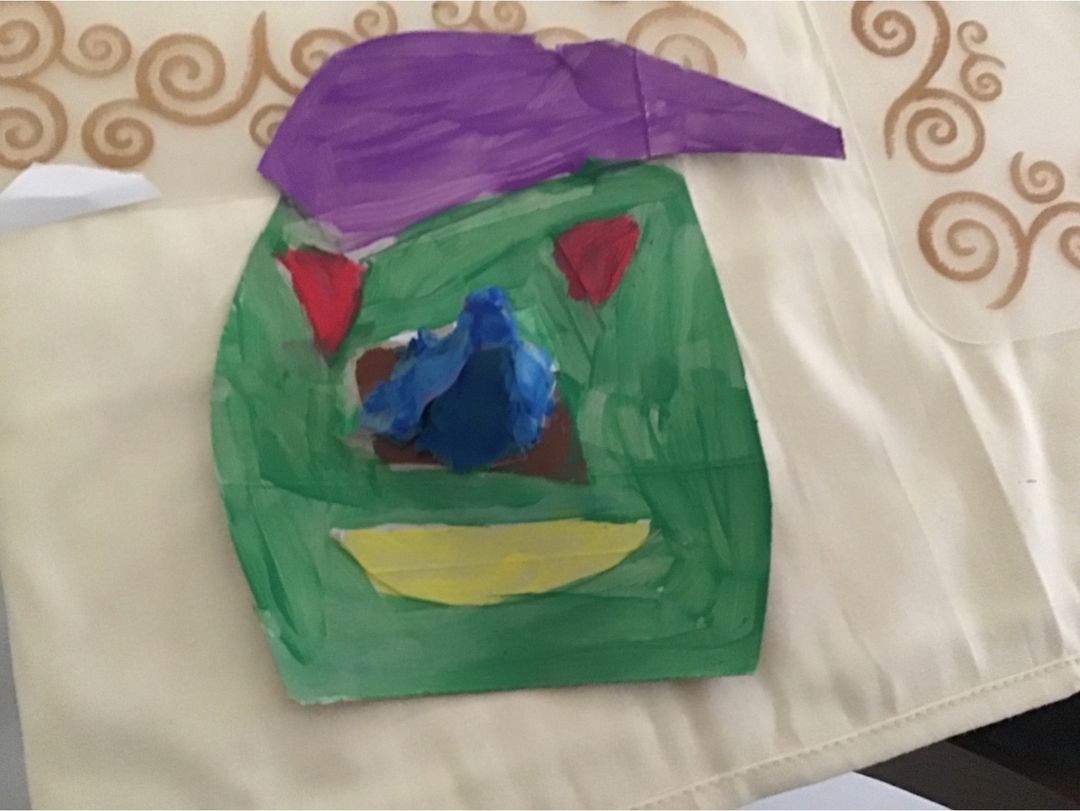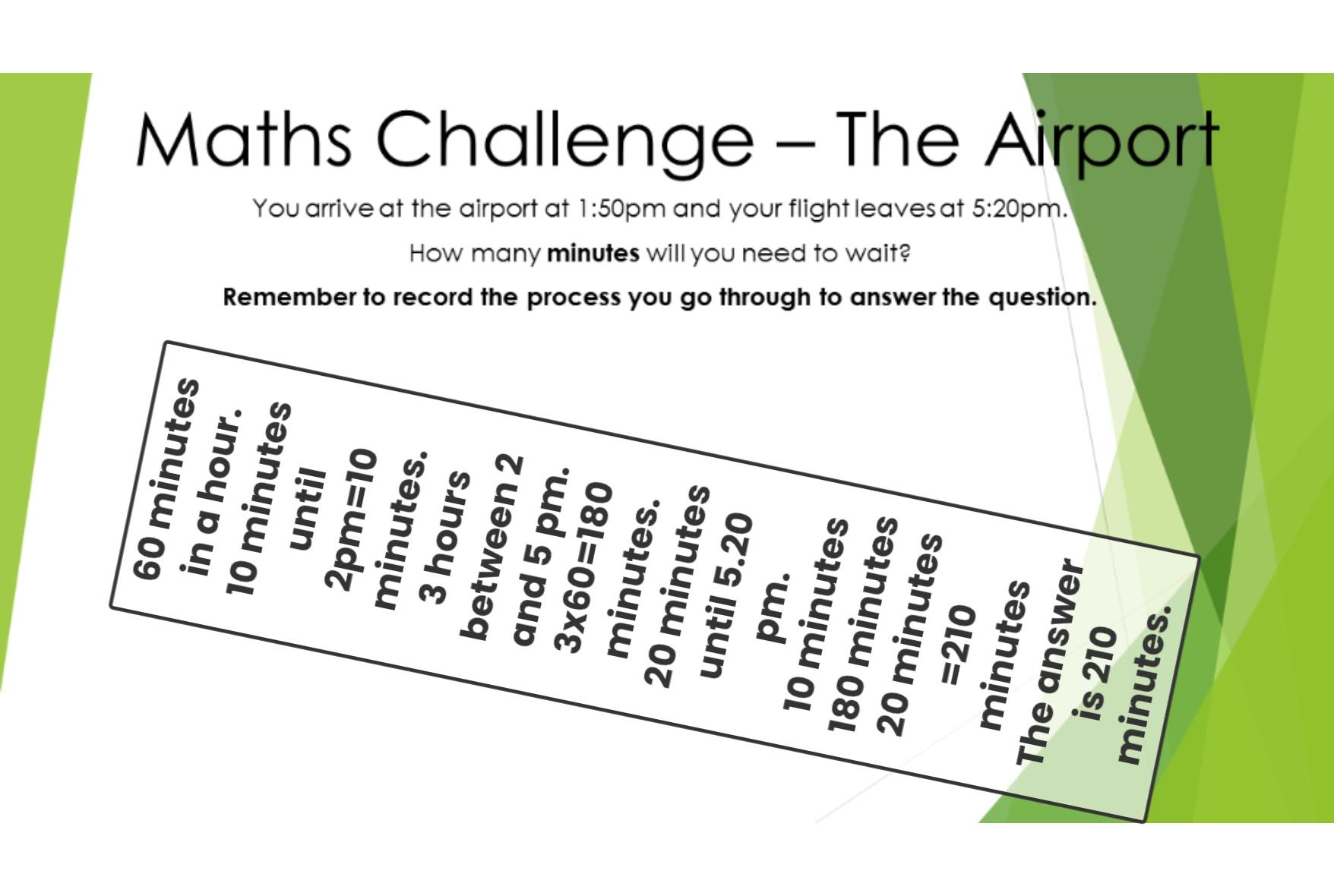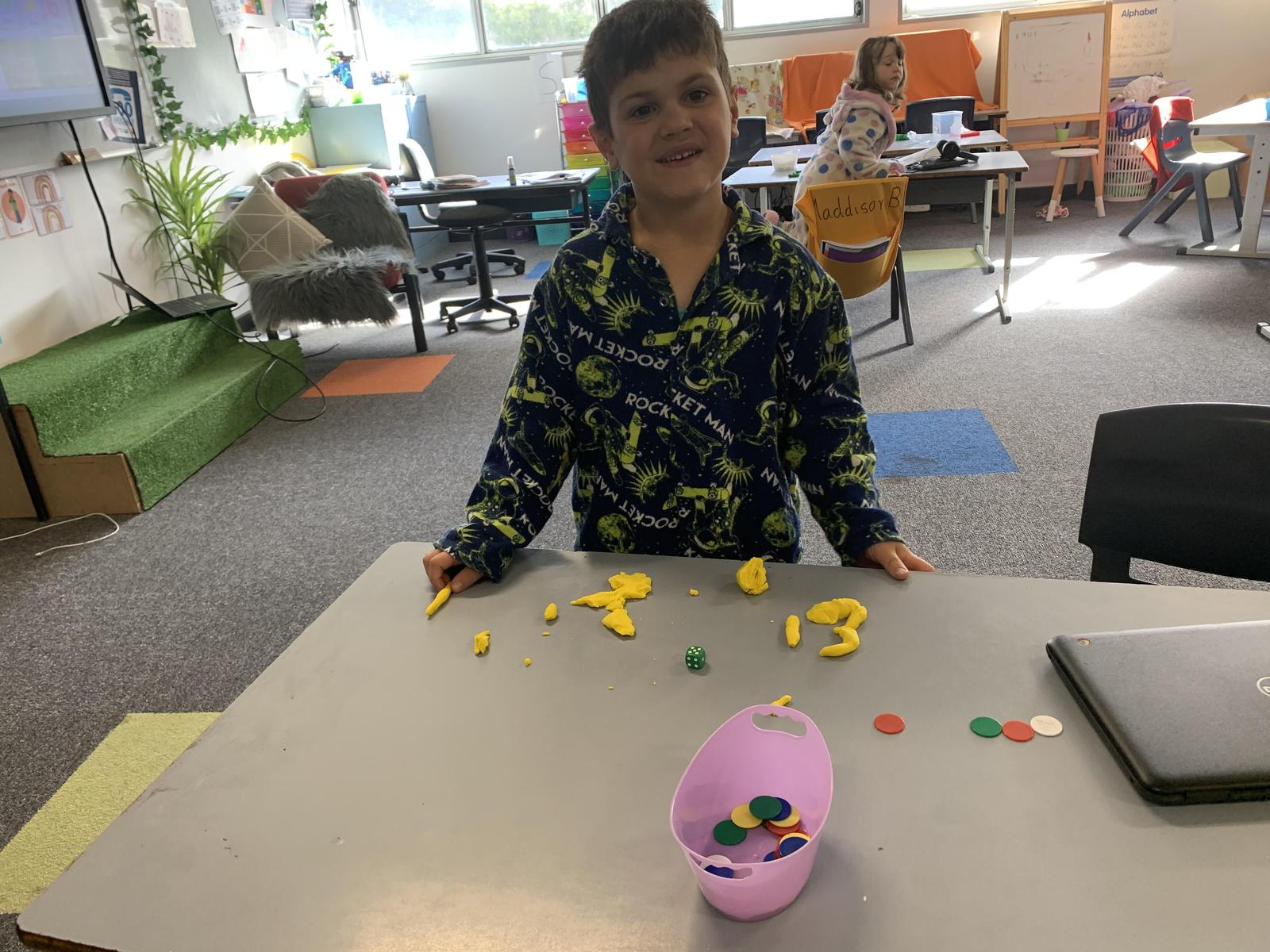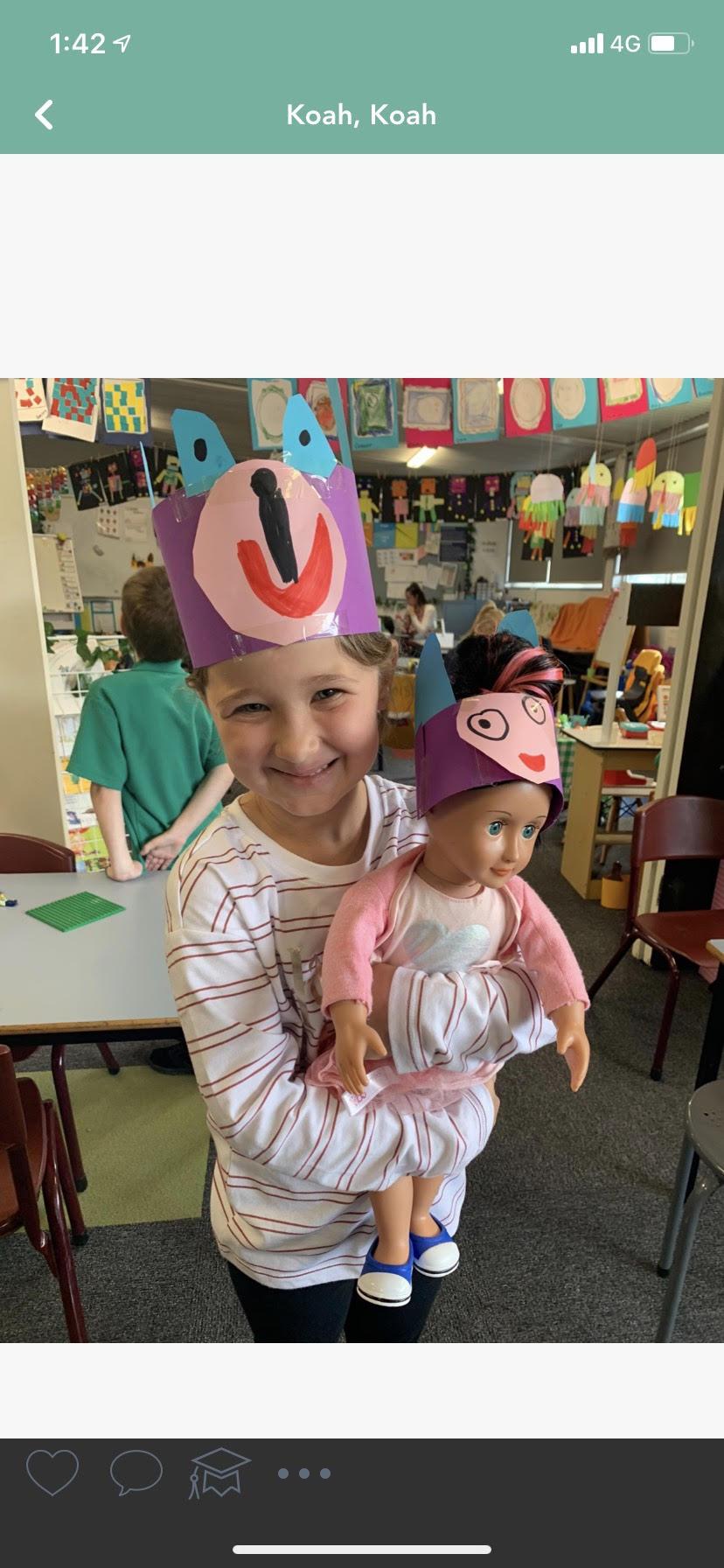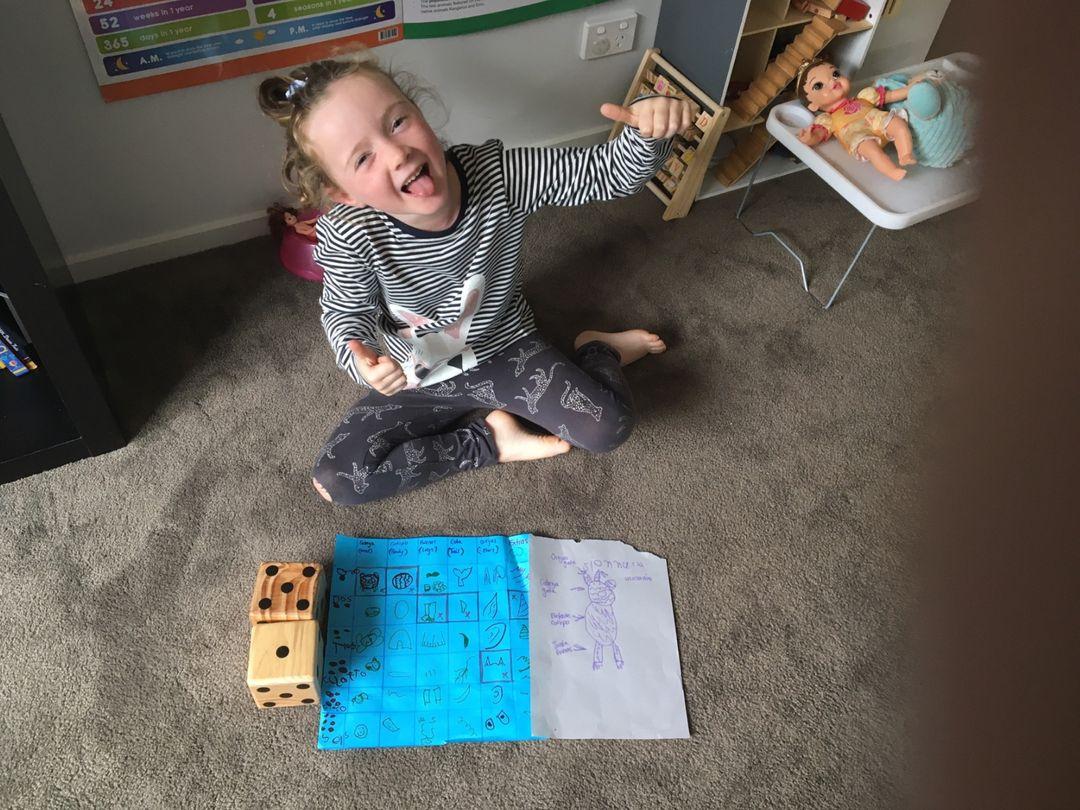Education News

REMOTE LEARNING AT HOME
Are you keeping in touch with what is expected and with the staff at CSPS? Do you have questions?
Teachers will mainly be communicating throughSeesaw and emails. Please stay in contact with classroom teachers and Education Support Staff, school leaders and counsellors but understand it may take a day or two for us to respond. Staff will respond to queries as quickly as they can. It may not be at 11pm or 6.30 am, however. (Staff have been receiving emails and messages at these times.) We are encouraging the staff to maintain regular office hours for their own wellbeing. School staff will do our best to respond to general inquiries as soon as possible as per the 'Communiation with Staff Policy."
Help your children to ‘own’ their learning
No one expects parents to be full-time teachers or to be educational and content matter experts. Provide support and encouragement, and expect your children to do their part. Struggling is allowed and encouraged! Don’t help too much. Becoming independent takes lots of practice. At CSPS, your child usually engages with other students and any number of adults hundreds of times each day. Many of these social interactions will continue from a distance, but they will be different. You cannot replace them all, and that’s OK.
Remind your children - Did you listen to the instructions? Did you watch the video? Have you read your work? Does it have boundary punctuation? Have you completed what was asked?
Begin and end the day by checking-in
In the morning, you might ask:
• What classes/subject do you have today?
• Do you have any assessments?
• How will you spend your time?
• What resources do you need?
• What can I do to help?
At the end of the day you might ask:
• How far did you get in your learning tasks today?
• What did you discover? What was hard?
• What could we do to make tomorrow better?
These brief grounding conversations matter. Checking in students to process instructions they received from their teachers, and it helps them organise themselves and set priorities – older students too. These check-in routines can help avoid later challenges and disappointments. They help students develop self-management and executive functioning that are essential skills for life. Parents are good life coaches.
Remember that some days will be better than others. Each day the teachers will set Literacy and Mathematics tasks. Do these first. There will be other tasks set such as Inquiry, STEAM, Coding or Art. Do what you can. If it is nothing today then that is OK.
As always, if you have any queries please contact your classroom teacher or check the REMOTE LEARNING tab on the Cranbourne South PS website. The school is open for Library and sports equipment borrowing on alternate Thursdays. Please check Compass for dates and times.
Mrs Halket - karenh@cranbournesouth.vic.edu.au
A message from Mrs Anderson
Developing Literacy Skills at home, Foundation to Year 2
Hello to all of you out there in Remote Teaching and Learning World.
I hope you are taking care of yourselves and remembering to smell the roses as often as possible.
Although my children have all grown up, I do know what it’s like to teach children at home. We were on a trip around Australia when I home schooled in the back seat of our old Falcon. Two children sat either side of me and our third child sat in the front beside his dad who tried to keep one eye on the road and the other on what Lachie was doing. Once the long journey had finished, three energetic boys jumped out and set off to explore the new surrounds whilst two mentally exhausted parents climbed out and said, “Let’s set up camp. We won’t ask the kids to help!”
I am not going to give you any advice as to how to structure your day, during this time of remote learning.I think each family will nut out what works best for them. I would like to share some ideas, however, that are derived from my realm of knowledge...that of teaching literacy!
Now you, the parents, are not expected to “teach” your children. But we do hope that you will “facilitate” the learning of your children and for this I have a few tips.
If at all possible, sit beside your child whilst he/she is watching videos and completing the activities. You will be able to ensure that the activity is done the way it is intended and your child will get full benefits of the program.
Immediate correction is vital. If you see that an error has been made, please stop your child and ask him/her to have another go. If there is confusion you may need to explain again what is wanted. At this point in the session, correction is critical.
Using a greylead pencil to write is great because it allows mistakes to be erased during the process of learning.
Our literacy program focuses on children sounding out and blending sounds, in order to read and separating sounds and writing their spellings, in order to spell. Please give your child enough time to work through these processes before telling them the answer. The process of blending and segmenting sounds takes time and much practise, to develop.
Letter names are different to sounds. The name of the letter <n> is said as “en” whilst the sound of letter <n> is said “nnnnnn”. In phonics, the letter names do not help us sound out or spell a word. We use the sounds to do this. Your child has been trained at school to use sounds for reading and spelling.
If you notice that your child is having difficulty with a particular skill, please communicate this to the teacher as this provides the vital feedback that we cannot easily access at the moment. Such information helps us plan programs that are relevant and explicit.
If you like, generalise the activities in our program to other times during the day. For example, if your child is learning /sh/ or /oe/ and you happen to spot the word “shop” or “float” whilst traveling in the car or in a supermarket catalogue etc, you could ask them the sound made by /sh/ or /oa/ or ask them to sound out the word. In an email to grandma, you might help them to sound out the first few words or ask them to write a caption for a photo.
My last point is this...
What do you think my children remembered about our two month trip around Australia?
Well, no, it wasn’t finally getting that equation they’d never understood before, nor was it reading x number of books!
Instead, they remembered Lulu the Camel dribbling down the inside of the car window...and dripping tendrils of hot candle wax along the Billabong Rug...and feeling their legs buckle under the weight of a mighty python.
What will your children remember of this time? Stirring mud in a big bucket to make the bestest pies? Building a shop out of chairs and blankets and hanging a sign “SHOP” at the entrance? Or could it be riding their bikes in the sun when it should have been a school day!
Sometimes it's hard to remember what it's like to be a child. Just do your best with this learning bit and all will be okay!
All the best,
Kendra Anderson
Writing at home with VCOP during Remote Learning
Each day, students from Year 2/3 to 6 are being asked to complete a writing task. These writing tasks vary from writing sentences, procedures, stories and correcting grammar and punctuation. What doesn't vary is the expectation that the students are able to use VCOP strategies whilst they write.
Through the use of VCOP children will develop 4 main aspects of their writing.
V – Vocabulary – Words that make you go ‘WOW!’ Students are expected to include ambitious vocab in their writing - WOW words. They are expected to use a describing word before a noun - 'beautiful sunset', 'fluffy, white kitten', 'terrified puppy' for example.
C – Connectives – Words that connect sentences together. Students are expected to include connectors in their sentences ranging from 'The boy went to the shop and bought a new toy.' to 'Despite the imminent rain, the curious children traipsed down the muddy hill to explore the meandering creek."
O – Openers – Effective ways to begin sentences. Students are expected to start their sentences with a variety of different openers. Not just the, my, then, and boring beginnings. They often think that they only need to use a good opener at the beginning of their writing. Sentences can start with a question word, ed words, ing words, ly words, for example, are much more interesting. 'Suddenly, the room went dark!' sounds much better than 'The room went dark.'
P – Punctuation – Power punctuation. Students are expected to use a variety of punctuation in their writing. At the VERY LEAST all student work should have boundary punctuation such as capital letters and full stops!
The students are encouraged to be ambitious, up-level their work by focusing on the elements of VCOP in their writing. By highlighting these areas and using the Student Criterion Scale, our children are empowered by understanding the simple and successful ways to improve their writing. Students should uplevel their writing to ensure that these elements are included. These VCOP resources can be found on our school website.
Please remind your children about VCOP whilst they are
remote learning at home.
Learning onsite during
remote learning
Some students are attending school during the pandemic as their parents are essential workers. Students are following the same programs on Seesaw as those who are learning offsite and staff are there to provide supervision. These students need other activities as students at home - particularly exercise and a bit of fun. The onsite staff decided enough was enough on Tuesday. NO MORE WORK and out we went into the sunshine. Yippeee! Sunshine, exercise and fun are more important some times! Thanks to Cindy and Taj.
With Mothers Day coming up we went to the Art room.
Online Learning weeks 3 & 4
Some fabulous work has been getting done via Seesaw. Keep up the great work everyone.


